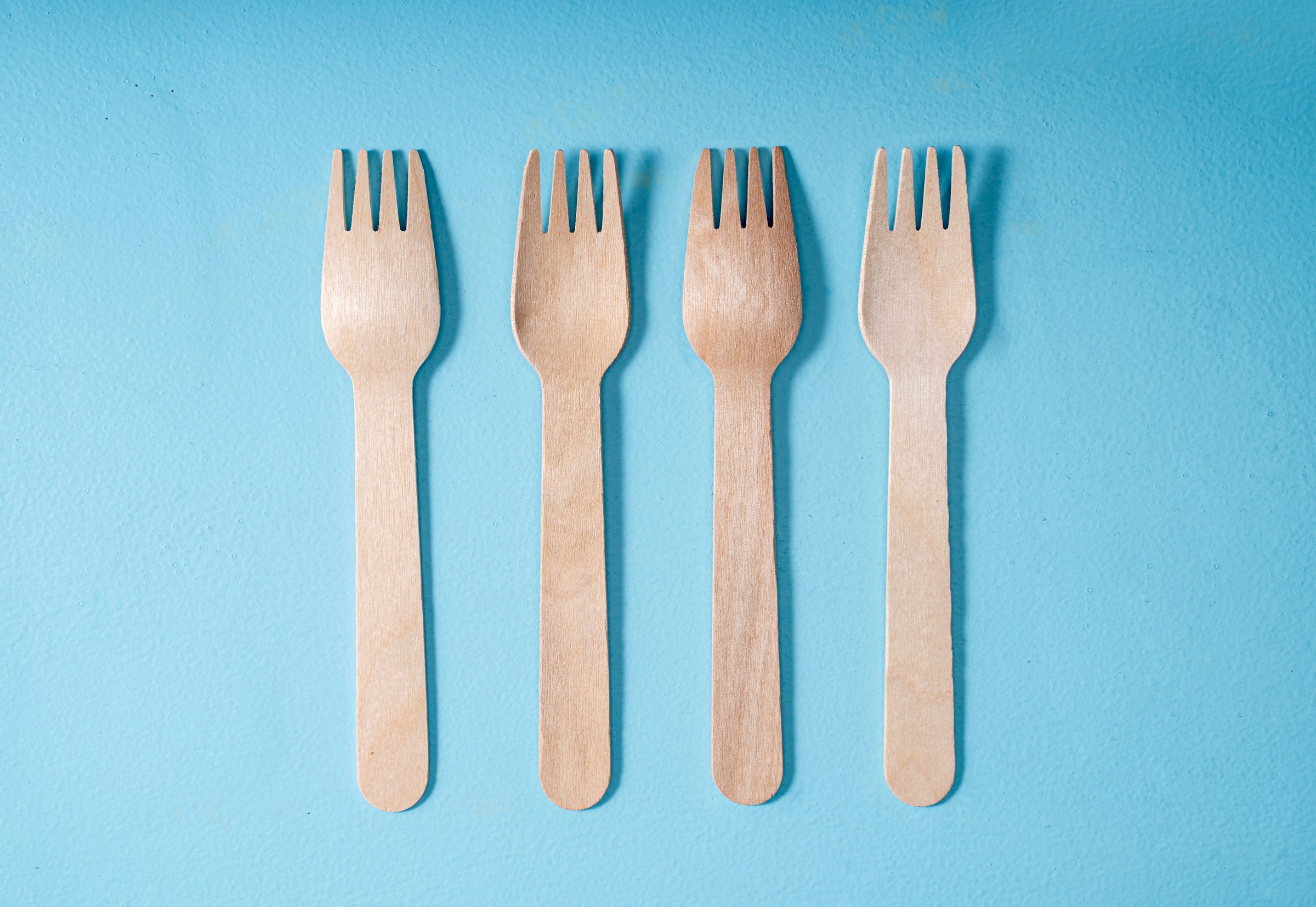Healthy Eating After Your Kidney Transplant

Description
After receiving a kidney transplant, maintaining a healthy and balanced diet is essential—not only for recovery but also for the long-term health of your new kidney. Your body will be adjusting to new medications, and your immune system will need support through smart food choices and proper hygiene.
Key Dietary Guidelines for Kidney Transplant Recovery
1. Eat a Balanced Diet
Include a variety of fresh fruits, vegetables, whole grains, lean proteins, and healthy fats to support healing and kidney function.
2. Stay Hydrated
Unless advised otherwise by your doctor, drink plenty of fluids to keep your kidney well-perfused.
3. Limit Sodium
Controlling salt intake helps regulate blood pressure and prevents fluid retention—a common side effect post-transplant.
4. Manage Blood Sugar
Post-transplant diabetes is common due to immunosuppressive medications.
- Choose high-fibre carbohydrates
- Limit sugary snacks and drinks
- Monitor your blood glucose levels regularly and speak with your healthcare team about medication changes if needed
5. Prevent Infections
- Avoid raw or undercooked meats and seafood
- Avoid unpasteurized dairy
- Choose restaurants and takeaways with high food safety ratings
Best Foods to Eat
Lean Proteins
Chicken, fish, eggs, low-fat dairy, lentils, beans, soy, and tofu help support muscle repair and overall recovery.
Fruits and Vegetables
Fresh or frozen options are great—just make sure to wash them thoroughly to reduce the risk of infection.
Whole Grains
Choose brown rice, quinoa, whole wheat bread, oats, barley, and bulgur wheat for fibre and energy.
Healthy Fats
Moderate amounts of olive oil, avocados, and nuts help support heart and kidney health.
Low-Fat Dairy
Good for bone health, but discuss phosphate levels with your healthcare provider, as some people may need a low or high phosphate diet depending on how their new kidney functions.
Foods to Avoid
- High-sodium foods: Fast food, canned goods, and salty snacks
- Unhealthy fats: Fried foods, processed snacks, butter, margarine
- Excess sugar: Soda, cakes, lollies—especially if on steroids
- Too much red meat: High in saturated fat and phosphorus
- Grapefruit & pomegranate: Can interfere with anti-rejection meds
- Raw seafood and undercooked meats: Increase risk of infection
- Probiotic supplements or foods: May not be safe post-transplant—check with your medical team
Additional Considerations
Phosphorus and Potassium
Some transplant patients experience high or low levels of phosphorus or potassium. Know your levels and adjust your diet accordingly.
Weight Management
Immunosuppressants like steroids can increase appetite. Practice portion control and focus on nutrient-dense foods.
Regular Exercise
Supports a healthy weight and improves overall kidney and cardiovascular health.
Ready for Personalised Support?
If you’d like tailored advice for your kidney health or help putting your diet into action, you can book a one-on-one consultation with a renal dietitian at any time.
We’re here to support you on your journey.


